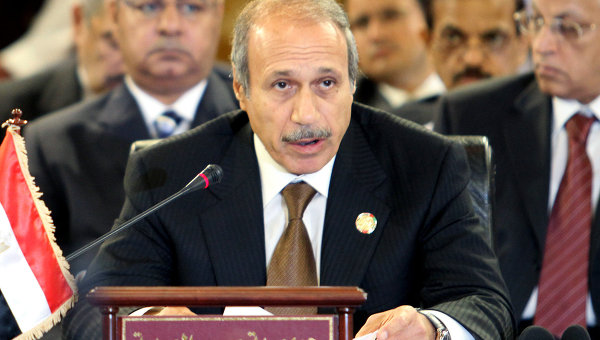The Egyptian Natural Gas Holding Company (EGAS) has reduced the quantities of natural gas supplied to Jordan’s power stations to 75m cubic feet per day (scf/day) compared to 300m scf/day in April, according to the quantities needed by Oman.
A source at EGAS told Daily News Egypt that the quantities needed by the Jordanian side during the current period range from 75m to 150m scf/day.
He explained that Egypt has re-exported natural gas in variable quantities to Jordan to provide part of their power plants’ needs after achieving surplus from domestic consumption.
The source also added that the contract signed with the Jordanian Ministry of Energy to renew the agreement to supply quantities of natural gas is dynamic and is subject to change periodically. This is in terms of gas quantities agreed upon, which is according to available gas after meeting the needs of the domestic market and the requirements of the Jordanian side.
The Egyptian government signed a 15-year agreement with Jordan in 2004 to supply 250m scf/day of gas per day, worth $2.5 per each one million per million thermal British units (BTUs). However, the government raised gas prices in April 2012 to $5 per million BTUs.
Egypt has resumed the export of natural gas to Jordan since last September, through the pipeline linking Egypt and Jordan with quantities ranging from 50m to 100m ft3 of gas per day.
The source pointed out that the export of gas to Jordan contributed to the beginning of Egypt’s transformation into a regional centre for the distribution of energy in the region. This is after achieving self-sufficiency of gas.
The agreement includes Jordan importing about 10% of the needs of the generation of Jordanian power plants from Egyptian natural gas.
Noteworthy, the ministry of petroleum signed an agreement with the Jordanian side on the contract to supply about 250m scf/day. These are at prices different from what was contracted in the previous agreement.
Minister of Petroleum, Tarek El-Molla, with his Jordanian counterpart, Hala Zawati, follow the executive position of the joint projects and the strategies that have been developed to provide and diversify energy sources, especially natural gas between the two countries.




